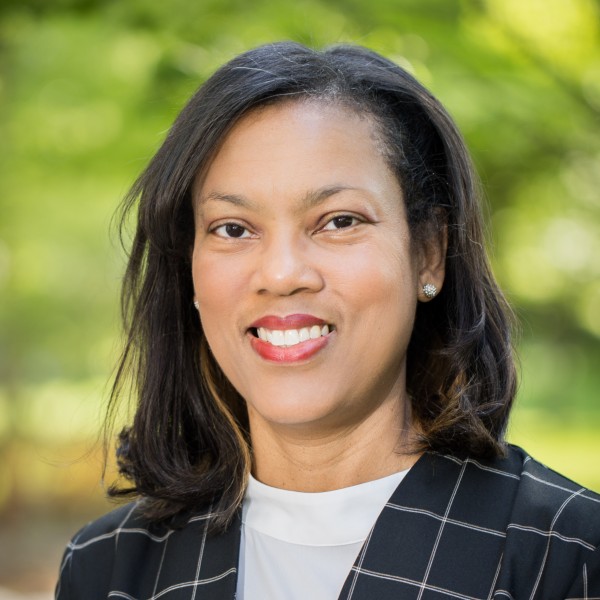Tomorrow is Independence Day, and many pastors across the country will face the dilemma of what to do with the U.S. flag in their worship space.
The terrorist attacks on Sept. 11, 2001, brought this issue to the surface in a church I pastored in Macon, Ga., and a solution presented itself that reflected our community’s values.
 But it wasn’t easy. We all had strong points of view.
But it wasn’t easy. We all had strong points of view.
The people’s arguments were fraught with errors. The weeks after Sept. 11 held an abundance of arguments.
“You took the flag out of the sanctuary.”
“If ‘In God We Trust’ has always been on our money, then the flag should fly in our churches.”
“The only reason we are able to gather to worship is because that flag grants us the freedom.”
The most personal, argumentative attack? “You aren’t patriotic.”
The most ridiculous? “It wouldn’t hurt anything to move the processional cross and place the flag by the pulpit. We all know we are Christians.”
From a foundation of factual authority, I reminded them that the flags had never been ‘in’ the sanctuary. ‘In God We Trust’ is a relatively recent addition to our currency.
With the faith of our persecuted forebears, we would gather to worship whether we were free to do so or not. I put my hand over my heart and tear up every time I hear our national anthem played. And it made absolutely no sense to move the cross away from the pulpit -- in a house of prayer for all people -- so that a national flag could be displayed.
My arguments were void of experience. I had never stormed a beach and faced the bayonets of an enemy battalion. I had never jumped from an airplane amid the peppering upward spray of ground fire. I had never zipped a buddy into a body bag.
My friend’s arguments were peace-full and biblical.
Two years -- and a lot of conflict -- after 9/11, a friend invited me to share lunch at the Acapulco Mexican Restaurant in downtown Macon. Having observed the ongoing tension within our church concerning the display of the flag (or lack thereof), he offered a solution based not on fact or feeling or even compromise but on community.
Or maybe I should say “communities.”
From his perspective, the larger community of the church often comprises smaller subcultures and communities. He observed that I was part of a theological community and my antagonists part of a military community.
These smaller communities experience and express faith differently.
It is reflective of the conflict discussed in Acts 15 concerning the necessary or unnecessary circumcision of Gentile believers. And to make that situation even more confusing, circumcision was deemed unnecessary, but the Gentiles were asked to eat kosher! Why? Probably because circumcision was a privately held and expressed belief, but eating kosher was a means of ensuring that all could sit at the table together. Facts and feelings both gave way to the priority of community.
Our church’s solution was to display the flags on the Sunday closest to the three major national holidays -- Memorial Day, Independence Day and Veterans Day.
No one was completely satisfied and no one relinquished their convictions, but we celebrated and affirmed community.














